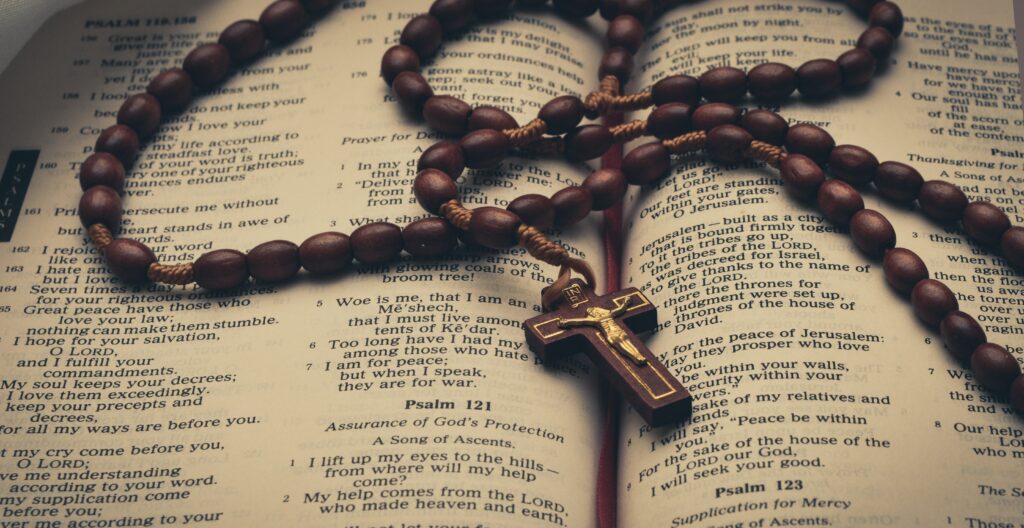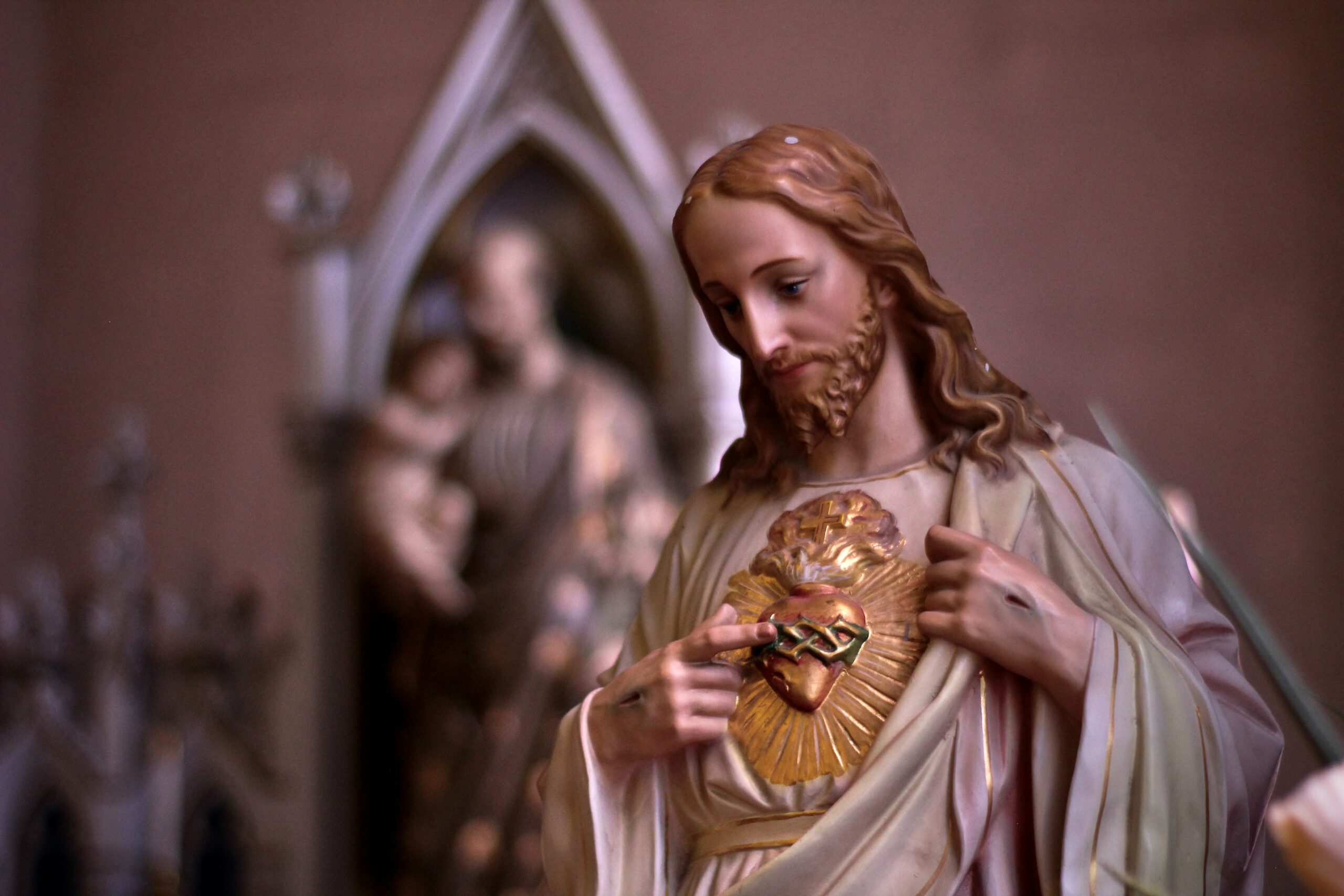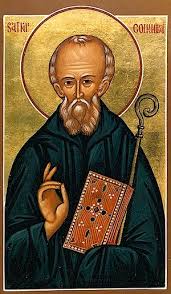About Us
Knights of St Columba Province 10 Brentwood


Who we are
On 5th October 1919, Patrick Joseph O’Callaghan, an Irish immigrant from Cork, gathered a meeting of 24 Catholic men at Central Hall, Bath Street, Glasgow and agreed to form a fraternal organisation. The Knights of St Columba. The Order now has thousands of Members from a wide range of nationalities, backgrounds and ages.
The Knights of St Columba is an Order of Catholic Laymen dedicated to the Service of the Church and fellow brothers and sisters.
The Organisation, which is non-political and exists to support the mission of the Catholic Church and at the same time to work for the Spiritual and material good of our members and families.
In accordance with the Social Teachings of the Catholic Church, we work for the Moral and Social Welfare of our Country and in particular, help young people develop in the likeness of Christ.
The Order will strive to achieve these aims through the fundamental virtues of Charity, Unity and Fraternity
Faith – Family – Fraternity are the core principles that bind us.
We help to raise tens of thousands of pounds for Pro-Life charities, Hospices movement and for our National Action Projects.
Our Members arrange fundraising, Social Events, Stewarding, Youth Competitions and so much more. We believe that by working together for the common good we become stronger and become close friends.
We have a structure of local Councils, Provinces, and Regions across the UK working to Serve God by Serving Others.
Our aims and objectives
- The Order of the Knights of St. Columba exists to support the mission of the Roman Catholic Church and at the same time to work for the spiritual, intellectual and material welfare of its members and their families.
- The Order is an organised body of Catholic Men, giving its entire loyalty to the Holy See, to the Hierarchy and the Clergy in all things appertaining to the Catholic Faith.
- By doing so it is pledged to support its members in their vocation and mission as Catholics and in spreading the Gospel for the conversion of souls and the growth of the Church.
- Realising it is part of the Universal Church the Order is further pledged to co-operate with other organisations local, national and international in the furtherance of these objectives.
- In accordance with the Social Teachings of the Catholic Church, members of the Order will diligently work for the moral and Social Welfare of their country and in particular, to help young people develop in the likeness of Christ.
- Members of the Order will aim to achieve these Objectives through the Fundamental Virtues of Charity, Unity and Fraternity.
- The Order of the Knights of St. Columba exists to support the mission of the Roman Catholic Church and at the same time to work for the spiritual, intellectual and material welfare of its members and their families.
- The Order is an organised body of Catholic Men, giving its entire loyalty to the Holy See, to the Hierarchy and the Clergy in all things appertaining to the Catholic Faith.
- By doing so it is pledged to support its members in their vocation and mission as Catholics and in spreading the Gospel for the conversion of souls and the growth of the Church.
- Realising it is part of the Universal Church the Order is further pledged to co-operate with other organisations local, national and international in the furtherance of these objectives.
- In accordance with the Social Teachings of the Catholic Church, members of the Order will diligently work for the moral and Social Welfare of their country and in particular, to help young people develop in the likeness of Christ.
- Members of the Order will aim to achieve these Objectives through the Fundamental Virtues of Charity, Unity and Fraternity.
Our Patron St Columba

The choice of St Columba, as the patron saint of the Order of the Knights of St Columba, was inspirational. Time has proven; that no wiser choice could have been made than that of the missionary Saint, who brought the Christian faith to Scotland and Northern England. Colum, named Colum-cille, and in Latin Columba (a dove), was born at Gartan in Tyr-connel, County Donegal, in 521.
He was of noble extraction from Niall, King of Ireland. He learned the Divine Scriptures and the lessons of an ascetic life under the Bishop, St. Finian. Adva nced to the Priesthood in AD 546, in a short time he had many disciples.
St Columba’s manner of living was always most austere. It is said he lay on the bare floor with a stone for his pillow, and never interrupted his fast. Yet his devotion was neither morose nor severe. It was in Iona, that St. Columba came ashore from Ireland and began the Christianisation of Scotland.
A place of pilgrimage and veneration throughout the centuries, for reasons of faith it was also a cradle of the Celtic Kingdom of Scotland. The traditional date for St. Columba’s landing in Iona (in the diocese of Argyll and the Isles) is AD 563; St Bede has the definite date of AD 565; and he gives it not only in manuscripts, which are almost contemporary with St Bede himself, but he also says that it was at the time when Justin Minor succeeded the Emperor Justinian, and that was in November, AD 565. St Columba is believed to have died in Iona, on 9th June AD 597, some 34 years after his arrival. His date of his death has only been attained by calculation; it is probable however, the date has also been disputed.
The last words attributed to St. Columba, to his followers, before he died were: – “These, O my children, are the last words I address to you – that you be at peace, and have unfeigned charity amongst yourselves, and if you follow the example of the Holy Fathers, God the Comforter of the good will be your helper, and abiding with him will intercede for you, and he will not only give sufficient to supply the wants of the present life, but will also bestow on you the good and external rewards which are laid up for those who keep his commandments.”
